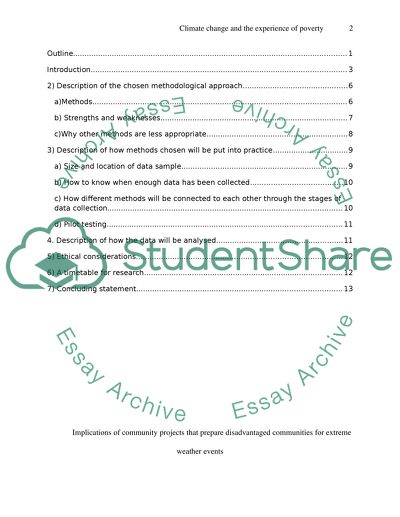Cite this document
(“Climate Change and the Experience of Poverty Essay”, n.d.)
Climate Change and the Experience of Poverty Essay. Retrieved from https://studentshare.org/geography/1491750-climate-change-and-the-experience-of-poverty
Climate Change and the Experience of Poverty Essay. Retrieved from https://studentshare.org/geography/1491750-climate-change-and-the-experience-of-poverty
(Climate Change and the Experience of Poverty Essay)
Climate Change and the Experience of Poverty Essay. https://studentshare.org/geography/1491750-climate-change-and-the-experience-of-poverty.
Climate Change and the Experience of Poverty Essay. https://studentshare.org/geography/1491750-climate-change-and-the-experience-of-poverty.
“Climate Change and the Experience of Poverty Essay”, n.d. https://studentshare.org/geography/1491750-climate-change-and-the-experience-of-poverty.


